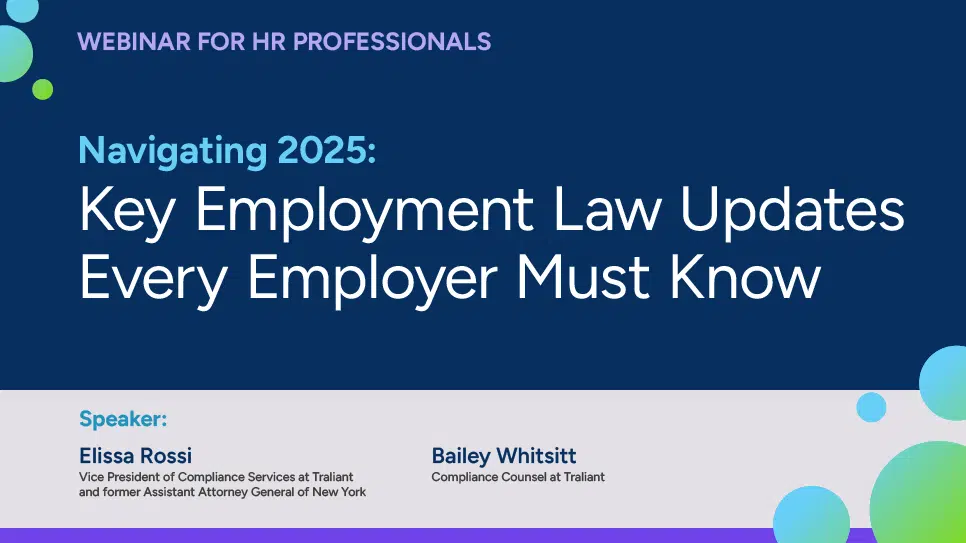

Massachusetts Sexual Harassment Training Requirements
Empower your employees and protect your organization from misconduct.
According to Massachusetts law, employers should provide sexual harassment training to new employees within one year of hire, and should provide additional training supervisors regarding their responsibilities and methods necessary to ensure immediate and appropriate corrective action when responding to complaints. See M.G.L. c. 151B § 3A(e).
Similarly, the Massachusetts Commission Against Discrimination recommends employers provide training because “an employer’s commitment to providing anti-harassment training to its workforce may be a factor in determining liability or the appropriate remedy.” The MCAD notes that in cases “where punitive damages may be sought, evidence of training may also mitigate damages.” See MCAD Guidelines on 151B: Sexual Harassment in the Workplace at 8-9 and fn. 89.
Additionally, EEOC guidelines and court decisions from around the country have made clear that employers should provide workplace harassment training to all employees periodically. The training should cover sexual harassment and all other forms of unlawful harassment related to federal and state protected characteristics.
The Massachusetts Fair Employment Practices Law prohibits workplace harassment and employment discrimination based on protected characteristics such as age (40+), ancestry, color, disability, gender identity, genetic information, military service or veteran status, national origin, race, religious creed, sex (including pregnancy, childbirth, breastfeeding/lactation, and related conditions), and sexual orientation.
Local ordinances may provide broader protections, so you should check the local Civil Rights Commission regulations applicable to your workplace.
For more information on Massachusetts equal employment opportunity requirements, see Massachusetts Commission Against Discrimination – Employment Discrimination.

